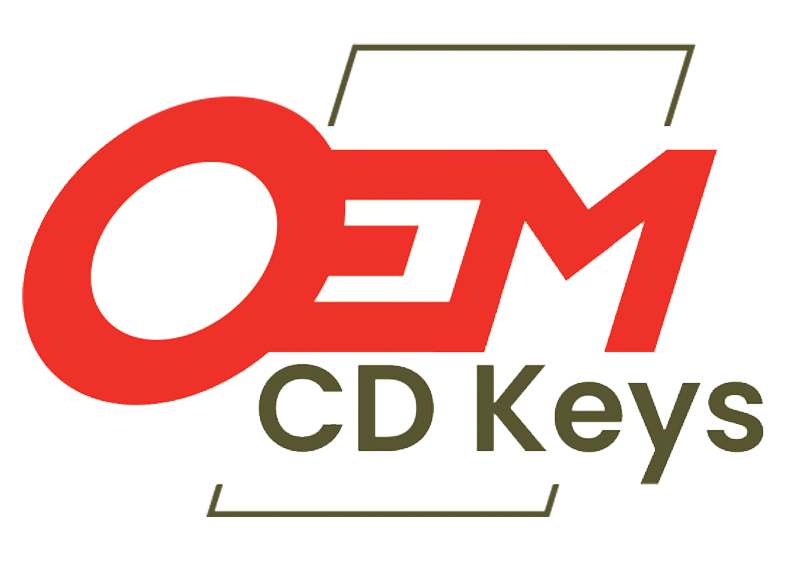Why Businesses Choose OEM Keys
OEM keys are a practical choice for businesses seeking cost-effective software licensing solutions. By purchasing devices with pre-installed software or acquiring OEM keys in bulk, businesses can save significantly on licensing costs compared to retail licenses. For small and medium-sized enterprises (SMEs) with limited budgets, this affordability makes OEM keys an appealing option. They also streamline the deployment process, as the software is pre-activated and ready to use, reducing setup time for new systems.
For businesses with fixed hardware systems, such as office desktops, the one-time activation of OEM keys is an ideal fit. Since these licenses are tied to the device’s hardware, they ensure stability and reliability for long-term use. OEM keys also eliminate the complexity of managing transferable licenses, simplifying IT workflows. These benefits make them a popular choice for companies aiming to balance functionality and cost-effectiveness.

Understanding Limitations for Enterprises
While OEM keys offer significant savings, they may not be the best choice for all business scenarios. Large enterprises with dynamic hardware setups or plans for frequent upgrades may find the non-transferable nature of OEM keys restrictive. For example, if a device’s motherboard is replaced, the OEM license tied to the original hardware may become invalid, requiring the purchase of a new license.
Moreover, OEM keys typically do not include direct customer support from the software provider. Instead, businesses must rely on the device manufacturer for troubleshooting. This limitation can pose challenges for companies requiring extensive support or advanced software features. Before opting for OEM keys, businesses should evaluate their IT infrastructure and growth plans to ensure compatibility. By carefully weighing the advantages and drawbacks, companies can make an informed decision about whether OEM keys align with their operational needs.








